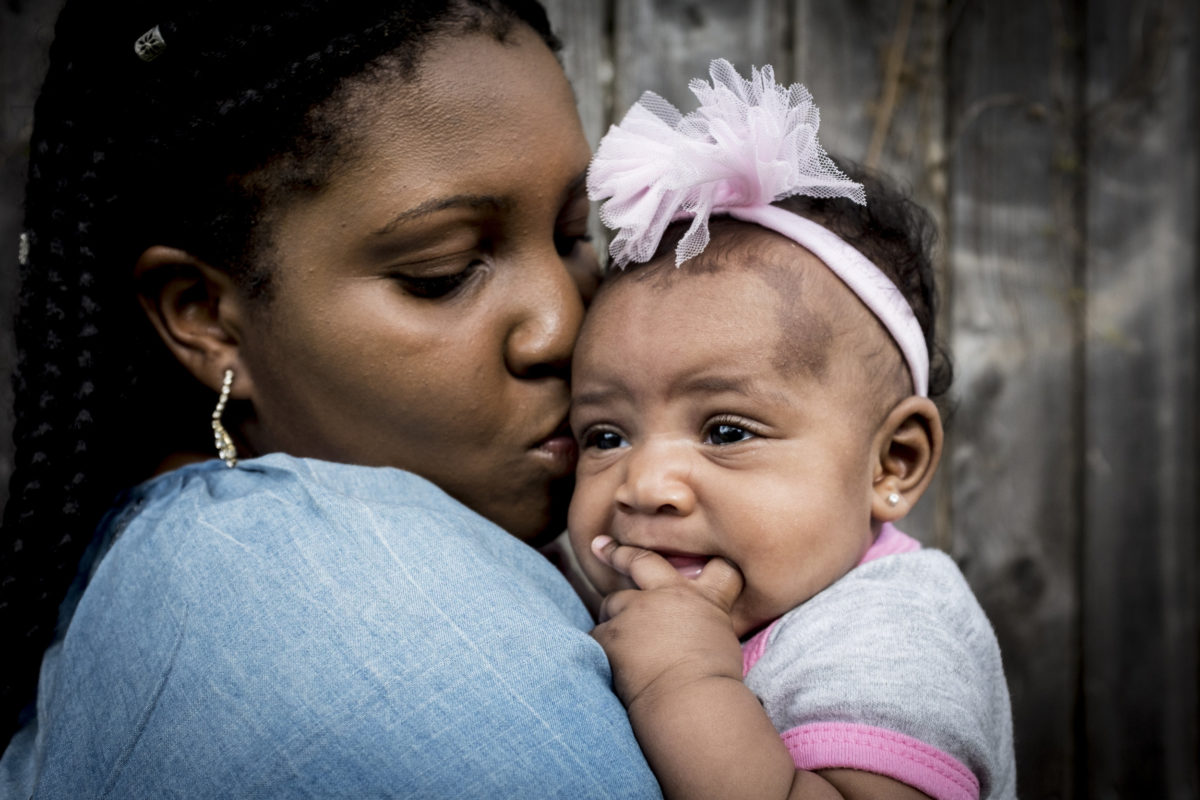Forward Momentum in Congress: Supporting Moms and Babies

In January 2019, women in the United States achieved a milestone: They made up more of the work force than men. But unfortunately, the COVID-19 global pandemic has quickly stunted that progress, and according to recent estimates, now only 56 percent of American women are working for pay, the lowest level since 1986. At 1,000 Days, we know that paid family and medical leave is a public health imperative. We’re listening and learning from women, and we’re raising their voices to inspire Congressional leaders to address the crisis in our care economy. Access to paid leave is especially important during the 1,000-day window and during the periods of pregnancy and infancy, which are critical to shape a person’s long-term health and their developmental potential.
As we have previously shared in our qualitative study, paid leave supports healthier pregnancies, better birth outcomes and more successful breastfeeding, in addition to the physical and mental health of both mom and baby in the postpartum period. Universal access to a comprehensive paid leave program is also an important step in addressing maternal and infant racial and ethnic health disparities, helping to ensure that all families can have a healthy first 1,000 days. Both the Biden Administration and Representative Richard Neal (D-MA), chairman of the key Ways and Means Committee in the House, recently introduced comprehensive, universal paid family and medical leave proposals. We will continue to work with allies in Congress, the White House, and coalition partners to ensure that paid leave is a central component of upcoming legislation to help American families and the American economy recover from the coronavirus pandemic and build toward a healthier future.
Federal policy change can positively affect the health of millions, and we are thrilled to see so much activity and engagement from lawmakers focused on creating the best conditions for families. Just this month (May 2021), the Pregnant Workers Fairness Act passed the House, and the Providing Urgent Maternal Protections (PUMP) for Nursing Mothers Act was introduced in both Houses of Congress with bipartisan support. Several key pieces of legislation to address the maternal health crisis, including the Rural MOMS Act and the Maternal Health Quality Improvement Act, were advanced by the Senate Health, Education, Labor, and Pensions (HELP) Committee with unanimous support this week.
There have also been several hearings on paid family and medical leave in both the House and the Senate this Spring. Most recently, the Senate HELP Committee held a hearing on paid leave and child care. 1,000 Days led a community sign on letter from four dozen leading maternal and child health groups and their allies, in support of comprehensive, universal, equitable paid family and medical leave, which was introduced for the record by Senator Bob Casey (D-PA).
1,000 Days has also worked closely with coalition partners to underline the importance of investing in programs for children as Congress seeks to help families rebuild from the devastation of COVID-19. Following President Biden’s joint address to Congress, we published an op-ed in the Hill with our partners at Bread for the World, arguing for an investment in a “1,000 day infrastructure” for the health and well-being of American families. We are continuing conversations with Members of Congress on both sides of the aisle as they prepare to make a once-in-a-generation investment in our nation’s infrastructure, echoing President Biden’s call that we also need “a once-in-a-generation investment in our families and our children.”
The 1,000-day window from pregnancy to age 2 is a window of opportunity to create brighter, healthier futures. The nutrition, care, and support a mother and her child receive during this time have a profound impact on their immediate and long-term health and well-being. We continue to advocate and raise awareness of issues that can help us reach our goal: every family—no matter where they are born or their background—will have a healthy first 1,000 days and the opportunity to reach their full potential.
